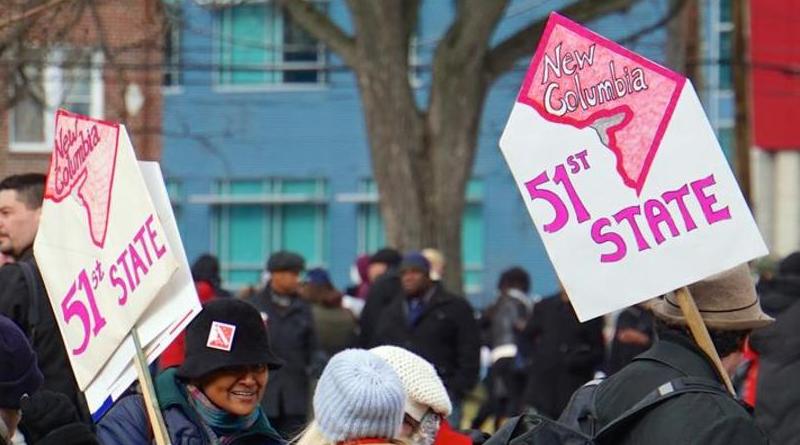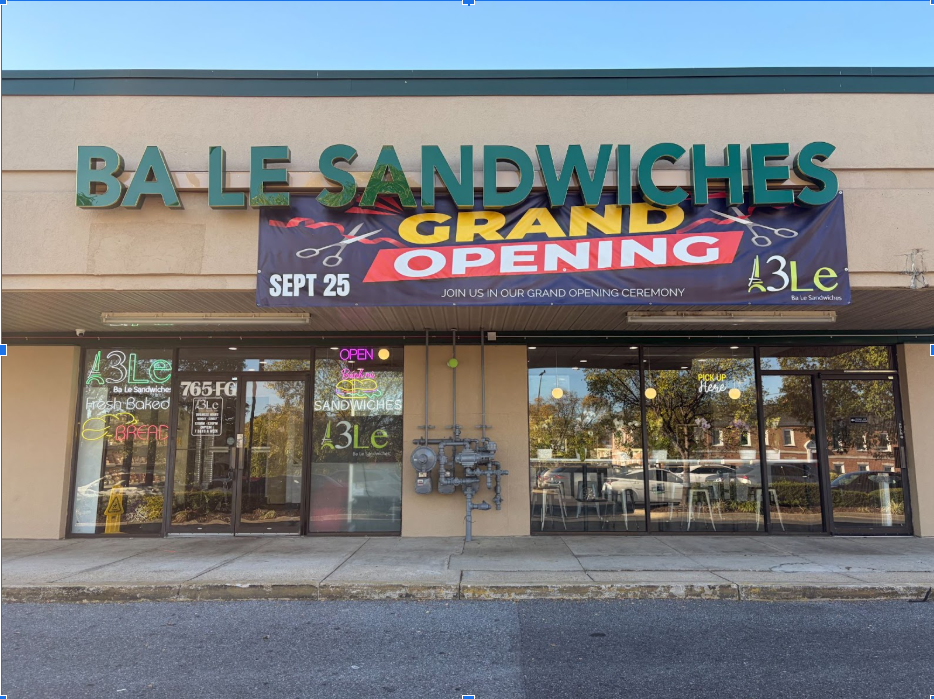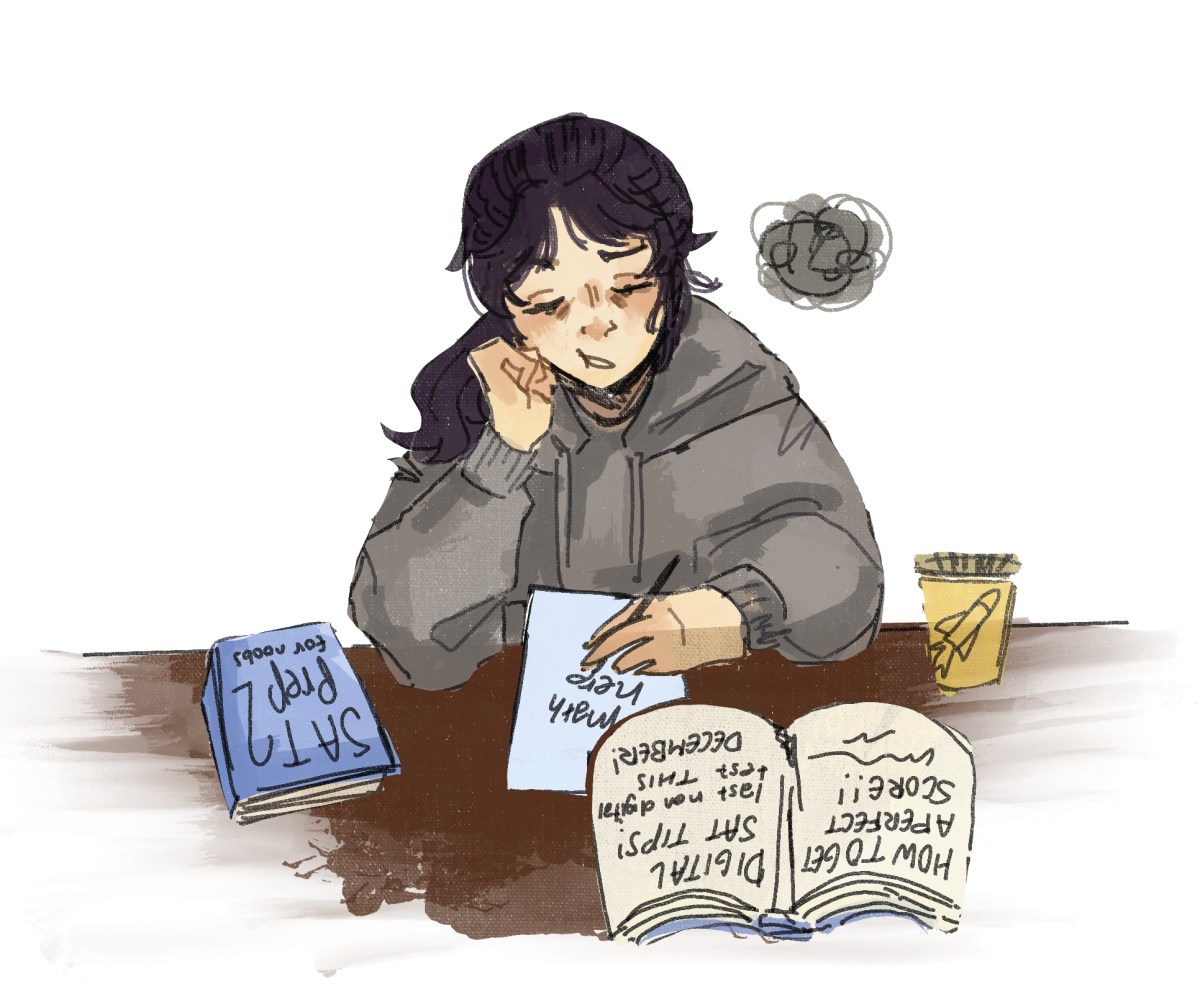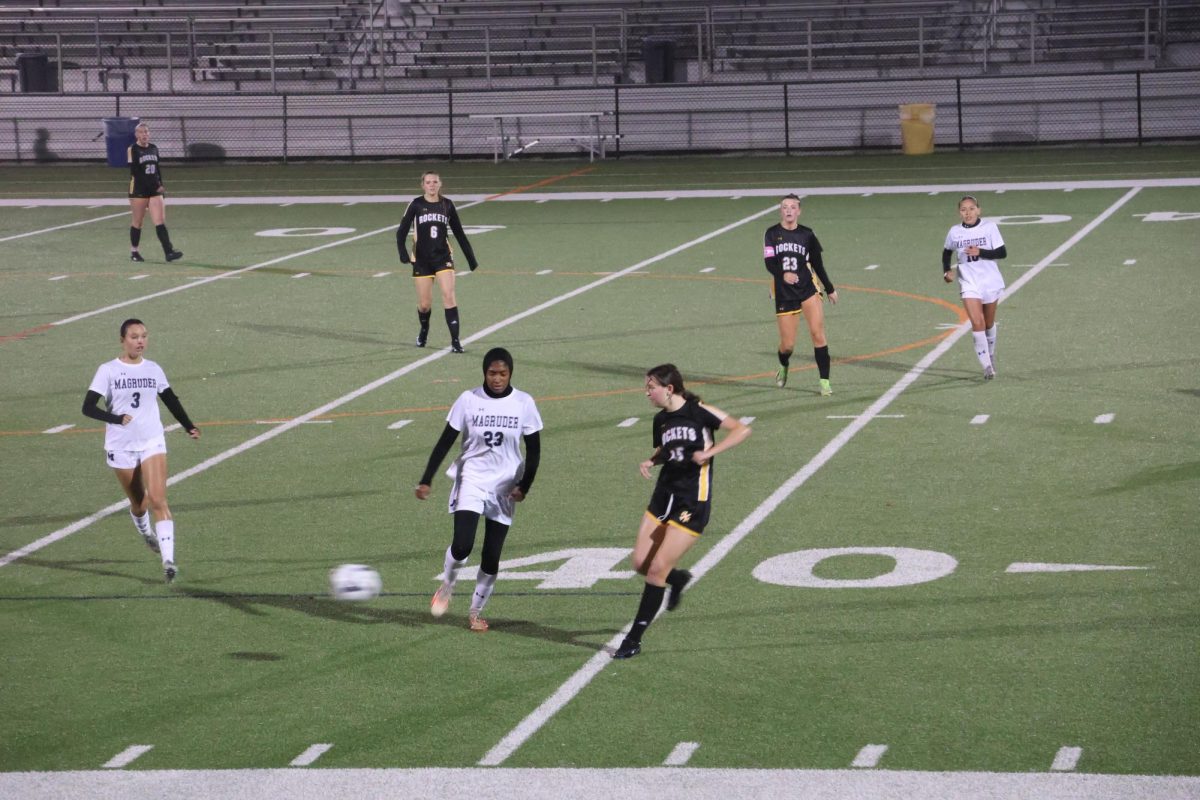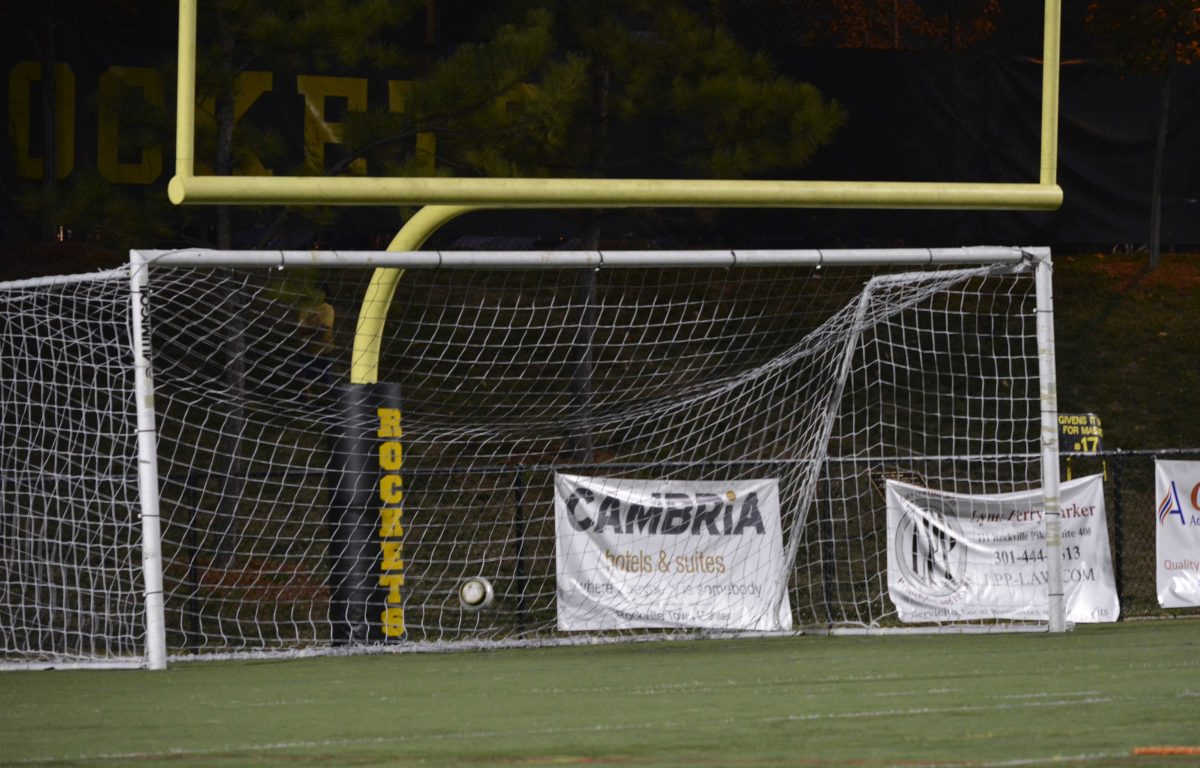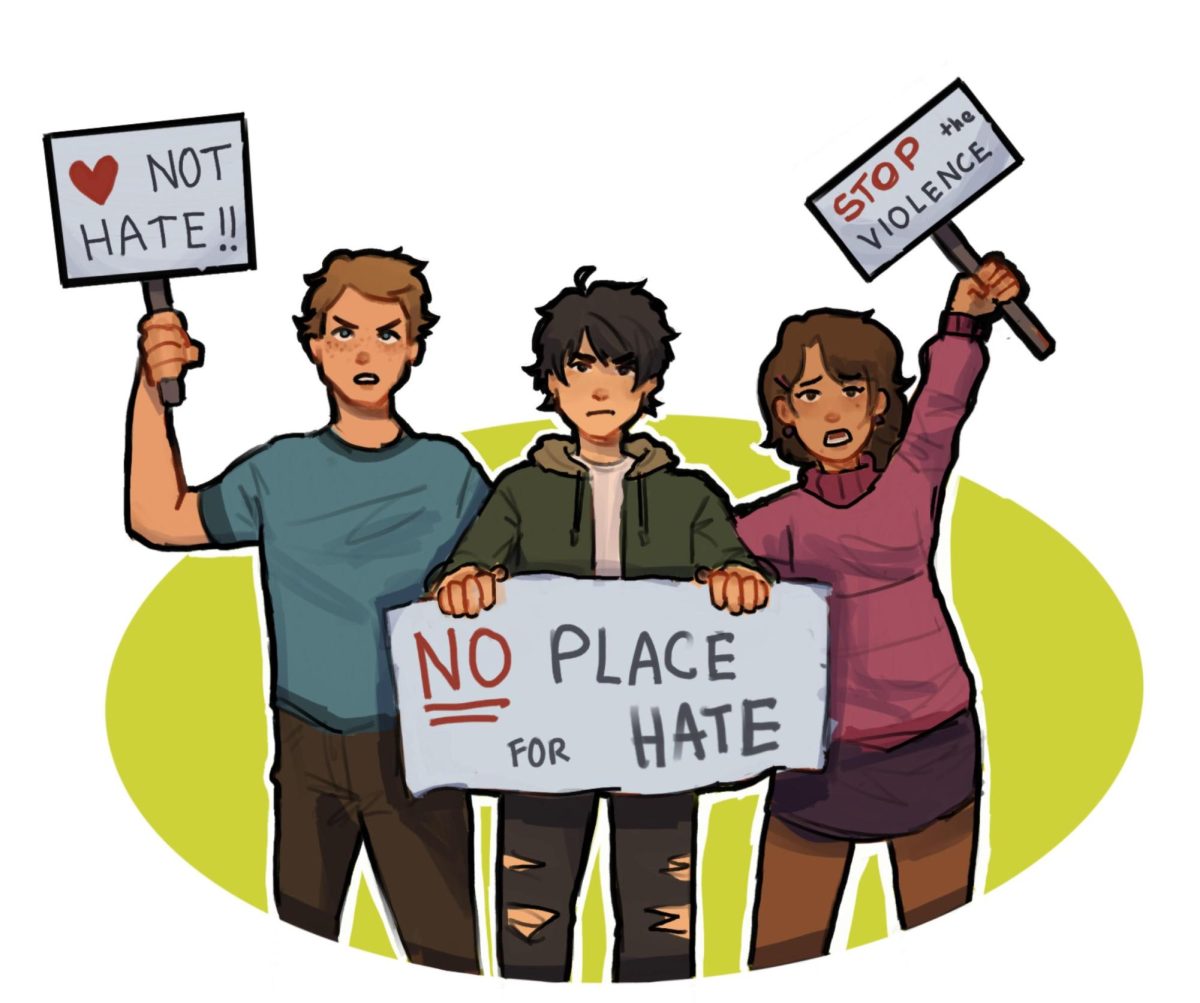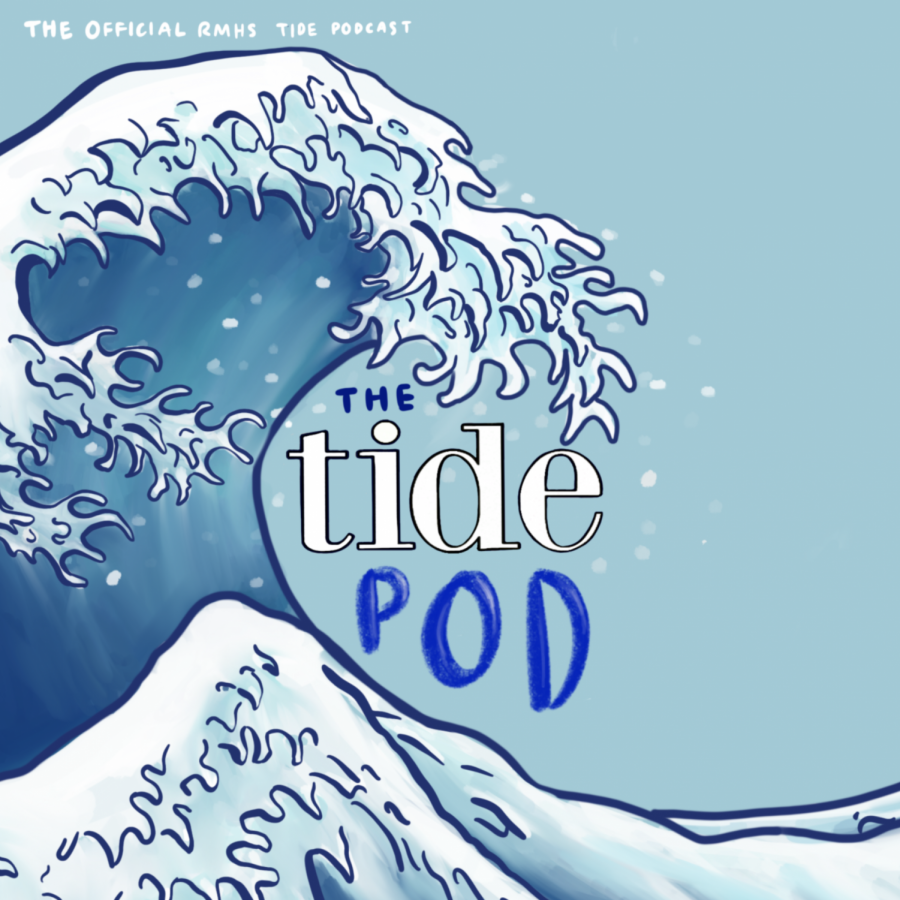Washington, D.C.’s lack of congressional representation is not a new issue— District citizens have been fighting against their disenfranchisement since 1801. The issue of D.C. statehood has been around since the 1980s. However, these issues are being brought to the forefront again with the impending November 8 Statehood Referendum vote.
In the past, the statehood movement has been very confined to the District, with people from other states paying little attention to the issue. Recently, new buzz was created among non-inhabitants with the announcement of the change in proposed state name from “New Columbia” to “The State of Washington, Douglass Confederation.” With this increase in media coverage, more people have begun to weigh in on the proposed name, constitution and boundaries.
According to WAMU, voting yes to the “Advisory Referendum on the State of New Columbia Admission Act Resolution of 2016” means that the voter agrees with the idea of statehood, the constitution, the boundaries, and the idea of representative government.
However, for non-inhabitants of D.C., the question is primarily: why make D.C. a state? English teacher Sara Hashem-Liles, who lived in D.C. for seven years, weighed in, explaining, “The whole idea of taxation without representation is obviously of note and of concern to people who live there.”
She continued, “I also think it’s kind of ironic that we are the nation’s capital and yet we are not represented as a state… it’s not even disproportionate, it’s just completely lacking.” Freshman Garrett Suhr mirrored her sentiments, adding, “No, it’s not fair. If they pay taxes like everyone else, they should be represented.”
However, opponents of the statehood issue call the movement unconstitutional. Senior Isabel Knudson explained, “I understand where people are coming from when they want to make it a state, but that would mean that the capital of the country would belong to a state. The whole point of making D.C. a district, was so that our country’s capital wasn’t in a state.”
In a Cato Institute commentary, scholar Roger Pilon argued, “In effect, the proposal would strip Congress’s present authority over today’s District of Columbia simply by redefining ‘the District.’”
Because the arguments for and against statehood are relatively fixed, recently a lot of focus has gone to the name change. Since the movement’s inception, the planned name was “New Columbia,” but recently, Ward 2 council member Jack Evans proposed a new name, calling “New Columbia” ridiculous, and saying, “We have always been Washington, D.C., and we should be the state of Washington, D.C..”
While the name change passed unanimously in the D.C. council, there are varying public opinions. Knudson opined, “New Columbia sounds like a spin-off clothing company or a spin-off university or a spin-off 1700s colony. But, ‘The State of Washington D.C.’ is so unoriginal. I definitely agree that we should keep the ‘D.C.’ part…. but ‘Douglass Commonwealth’ is so random.”
Suhr also has a negative opinion of the new name. “I think the name is too long and stands out from the other states, even though it has a good reason for being called that,” he explained.
Despite the media coverage, many people are not focused on the name. “I don’t really care about the change of the name,” Ms. Hashem-Liles explained. “I think what’s more important is that D.C. is granted statehood.”
The majority of D.C. voters feel the same way. On Election Day last week, 79 percent of voters voted in favor of the D.C. statehood referendum, approving of the proposed state constitution and boundaries. Despite overwhelming voter approval of the measure, D.C. mayor Muriel Bowser has acknowledged the difficulty of getting the support of a majority Republican Congress. The campaign for statehood may also be regarded as a lower priority issue while the mayor and the D.C. Council attempt to work with a Congress hostile to many of the progressive policies recently enacted in the District.
Featured image courtesy of Ted Eytan.


